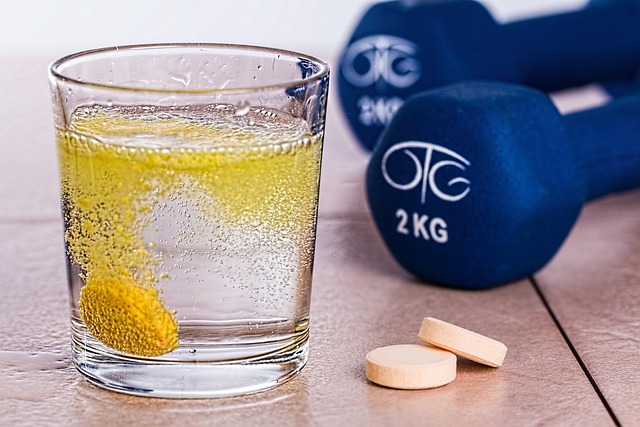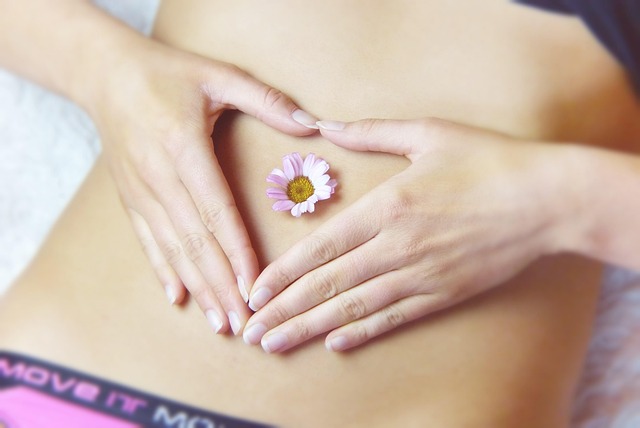Holistic recovery emphasizes balanced care for physical, mental, and emotional well-being, integrating practices like muscle strengthening routines, mindfulness, nutrition, and social connections. Muscle-strengthening exercises enhance fitness, reduce stress, improve sleep, and promote stability, contributing to overall health and confidence. Mindfulness strengthens cognitive function and resilience while allowing self-awareness and healing from trauma. Integrating movement, nutrition, and social connection fosters mental resilience, better sleep, reduced stress, and improved emotional expression, highlighting the interconnectedness of holistic practices for sustained vitality.
In today’s fast-paced world, holistic approaches to recovery and well-being are more crucial than ever. This comprehensive guide explores a multifaceted strategy to optimize your wellness journey. From understanding the foundational principles of holistic recovery to integrating movement, nutrition, and social connection, we delve into effective practices like muscle strengthening routines, mindfulness, and meditation. Discover how these elements intertwine to facilitate lasting healing and enhance your overall quality of life.
- Understanding Holistic Recovery: A Comprehensive Approach to Well-being
- The Role of Muscle Strengthening Routines in Holistic Wellness
- Mindfulness and Meditation: Nurturing the Mind for Optimal Healing
- Integrating Movement, Nutrition, and Social Connection for Lasting Recovery
Understanding Holistic Recovery: A Comprehensive Approach to Well-being

Holistic recovery is a comprehensive approach that acknowledges the interconnectedness of physical, mental, and emotional well-being. It goes beyond traditional methods focused solely on treating symptoms, emphasizing a balanced and holistic view of health. In this context, recovery isn’t just about healing from an injury or illness; it’s about nurturing every aspect of your being for sustained vitality.
This approach integrates various practices like muscle strengthening routines alongside mindfulness, nutrition, and social connections. For instance, while exercise targets physical health, it also boosts mood and reduces stress, contributing to mental and emotional well-being. By addressing all these facets simultaneously, holistic recovery empowers individuals to achieve a deeper sense of balance, resilience, and overall well-being.
The Role of Muscle Strengthening Routines in Holistic Wellness

Incorporating muscle strengthening routines is a key aspect of holistic wellness, as it encompasses both physical and mental health. Beyond enhancing overall fitness, regular strength training has been shown to reduce stress and anxiety by boosting the release of endorphins, often referred to as ‘feel-good’ hormones. This natural pain relief not only contributes to improved mood but also strengthens one’s resilience in managing daily stressors. Moreover, muscle strengthening routines promote better sleep quality, a critical component of holistic well-being.
Muscle strength is also intrinsically linked to flexibility and balance, two other pillars of comprehensive wellness. Regular exercises that target various muscle groups can improve posture, reduce the risk of injury, and enhance overall stability. This synergy between physical attributes fosters a sense of control and confidence, positively impacting mental health. In turn, improved physical well-being contributes to increased energy levels and a more positive outlook on life, reinforcing the holistic nature of these practices.
Mindfulness and Meditation: Nurturing the Mind for Optimal Healing

In the pursuit of holistic recovery and well-being, mindfulness and meditation play a pivotal role in nurturing the mind—an often-overlooked aspect of overall health. These ancient practices have gained prominence in modern times due to their profound impact on mental clarity, emotional balance, and stress reduction. By incorporating mindfulness into daily routines, individuals can enhance their ability to manage challenges and promote healing at a deeper level.
Meditation serves as a powerful tool to strengthen the mind, much like muscle-strengthening routines target physical prowess. Regular meditation practice allows for better focus, improved cognitive function, and enhanced mental resilience. It enables individuals to develop a profound sense of self-awareness, fostering an environment where negative thought patterns can be observed and let go of, ultimately contributing to faster recovery from traumatic experiences or stressful situations.
Integrating Movement, Nutrition, and Social Connection for Lasting Recovery

In the pursuit of holistic recovery and well-being, integrating movement, nutrition, and social connection emerges as a powerful triad. Regular physical activity, including muscle-strengthening routines, not only aids in healing but also boosts mental resilience. Exercise releases endorphins, natural mood lifters, that can alleviate stress and promote a sense of calm. Moreover, structured movement helps improve sleep quality, a cornerstone of overall health.
Nutrition plays an equally vital role by providing the body with the necessary fuel to support both physical and cognitive functions. A balanced diet rich in whole foods, essential nutrients, and antioxidants contributes to accelerated recovery. Social connection, often overlooked, is another critical component. Human interaction fosters a sense of belonging and community, which can significantly impact mental health. Supportive relationships offer a safe space for emotional expression, enhancing overall well-being and facilitating lasting recovery.
Holistic recovery is a multifaceted approach that recognizes the interconnectedness of mind, body, and spirit. By integrating practices like muscle strengthening routines, mindfulness, and social connection, individuals can achieve lasting well-being. These holistic strategies not only support physical health but also enhance mental resilience, fostering a comprehensive and enduring sense of healing and balance.
